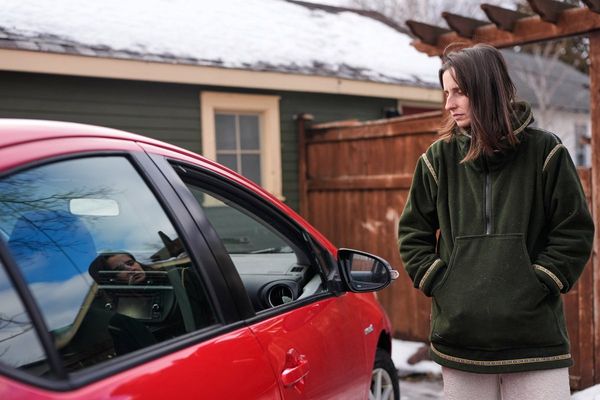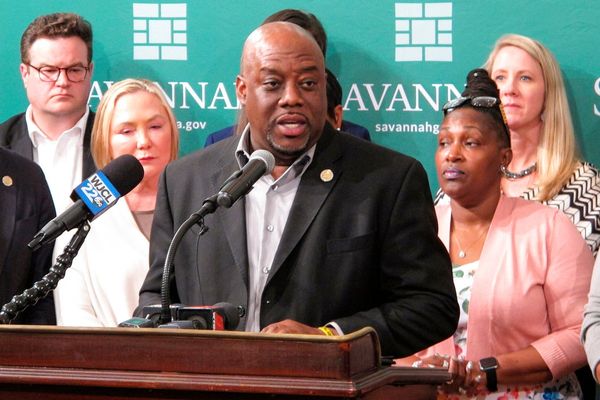BOTSWANA gained independence from Britain on September 30 1966 – 57 years ago. And they haven’t stopped since.
According to the US State Department, the southern African nation was the world’s fastest growing economy in the 30 years following independence due to a series of sweeping and ambitious reforms.
Botswana’s economy remains one of the world’s fastest growing, with a GDP per capita that makes it an upper middle-income country. It has also remained fully democratic – cementing itself as one of Africa’s big success stories.
But how did Botswana do it?
When Botswana gained independence from Britain in 1966, it had a GDP per capita that ranked among the lowest in the world and relied on foreign assistance.
Cattle raising dominated Botswana's social and economic life. There were only a handful of university graduates, and just three miles of paved road in a country the size of France.
Seretse Khama – the country’s first president – reportedly often said: “When we asked for independence, people thought we were either very brave or very foolish.”
But a new independent Botswana managed to jumpstart its economy by swiftly introducing a series of liberal economic and political reforms.
This included a new democratic government with competitive elections and creating strong economic institutions. In the 1970s, Botswana also became a major exporter of diamonds, and the government claimed 50% ownership over Debswana – the country’s main mining company.
Because of this, Botswana experienced a significant boom – growing on average 9% each year between 1966-1999.
It hasn’t all been plain sailing. Botswana has struggled with a HIV/AIDS epidemic since the mid-1990s and has strong inequality.
But the government has also largely reinvested state revenue in healthcare, education and potable water for virtually everyone. The country now has over 3000 miles of paved road too.
Lessons for Scottish independence: Far too often we hear discussions about Scotland being too poor, too wee and stupid to be successfully independent. And Botswana’s success, as a country of just 2.3 million, shows again how we can do exactly that. With all the levers at our disposal, there is no reason an independent Scotland wouldn't prosper.







